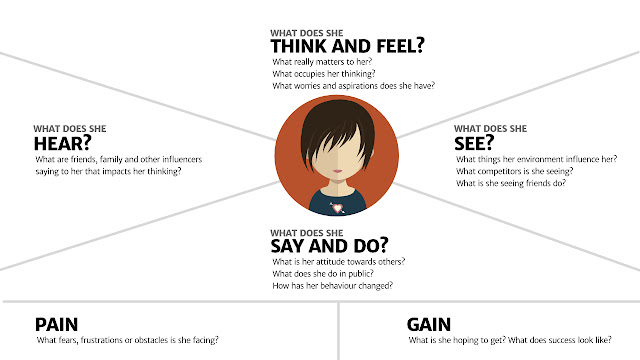How Emotions Impact The Customer Experience
How Emotions Impact Customer Experience
Guest post by Vit Horky of Brand Embassy posted on CX Journey Blog +Annette Franz
Isn’t science awesome? As Bill Nye said, the great thing about it is that it’s true, whether you believe it or not. That’s why I’m so excited about the new research showing that our decisions are guided by emotions in ways we never imagined. This has the potential to completely revolutionize the way we think about customer service.
What did you have for breakfast? Maybe you had an apple because you want to be healthy. The fact that choosing healthy food makes you feel good about yourself helps harden that choice into habit. You stick with apples because you know they will reliably make you feel good about the way you start your day.
Though you may think you’re being responsible in your decision-making, it’s more likely that you’re responding to emotional cues that inspire you to feel positive.
Comparing your breakfast choice to a customer’s purchase decision isn’t comparing apples and oranges. Customers with positive associations with a brand will spend up to 200% more and will also tell an average of eight friends about them.
Let’s take a closer look at the science of decision making, shall we?
The Science of Decision Making
Antonio Damasio is a professor of neuroscience who literally wrote the book on how emotions guide decisions. His work is really inspirational because his main ideas are directly applicable to customer service. They are:
- Emotions guide decisions: While we like to think of ourselves as logical beings, it is actually our emotions that inspire our decisions.
- Positive associations lead to repeat decisions: When someone makes a decision that leads to a positive outcome, they are more likely to make the same decision in the future.
- Without emotions, there are no decisions: If a person has no emotional connection to the outcome of a decision, they are less likely to actually make a decision.
- Integral Emotions: Emotions that arise from the actual decision at hand.
- Incidental Emotions: Emotions that carry over from one decision to the next and influence our decisions in the future.
The bottom line: Human beings make decisions based on emotions, not logic. Decisions that generate positive emotions are more likely to be repeated. At the same time, both positive and negative emotions arising from decisions made in the present remain relevant in the future, affecting the way we make decisions about situations that may have little to do with the initial situation.
All of this suggests that the way customers feel is of the utmost importance, not just today, but for the entire customer life cycle. And since satisfaction is more neutral than positive, it is no longer enough for brands to simply satisfy customers.
Emotions in Customer Service
What does the science of emotions and decision-making have to do with customer service? Everything. Think about it. Any time a customer interacts with a brand, positive or negative emotions can be inspired. The most successful brands are those that can inspire positive emotions more often than negative emotions. This leads to more customer satisfaction, increased loyalty, and greater word of mouth.
We’ve detailed six core emotions in customer service. Surprise, happiness, and gratitude are the most common positive emotions a customer can feel. Anger, frustration, and disappointment are on the negative side of the spectrum. If brands can continually inspire positive emotions in their customers, they are well on their way to success.
That’s easier said than done, but it’s certainly achievable if you know enough about your customers. This is where technology becomes crucial. By learning more about your customers, not only through their previous interactions with the brand but also by what they post and how they interact on social media and digital channels, technology can match customer together with the best customer service agent for them.
But knowledge about the customer continues to be invaluable, even after the customer has been routed to the best agent. Contact centers that know more about their customers -- their needs, their hobbies, their likes and dislikes, even their sense of humor -- have the knowledge they need to surprise and delight customers, thus leading to the pinnacle of customer emotion, gratitude.
Advanced technology is the key to this goal. With the right social customer service software, each and every customer service agent can have a more complete picture of each customer, thus paving the way for real human connections. That’s the future of customer service, and it’s already beginning to happen as more brands realize the power and importance of customer experience.
Vit Horky is the co-founder and CEO of Brand Embassy, social customer service software designed to build human connections at scale. As a passionate entrepreneur, world traveler and lover of emerging technology, Vit believes customer experiences are at the heart of emotional decision-making, and through technology, companies are returning to a world powered by human connections.
http://www.cx-journey.com/2016/07/how-emotions-impact-customer-experience.html



Comments
Post a Comment